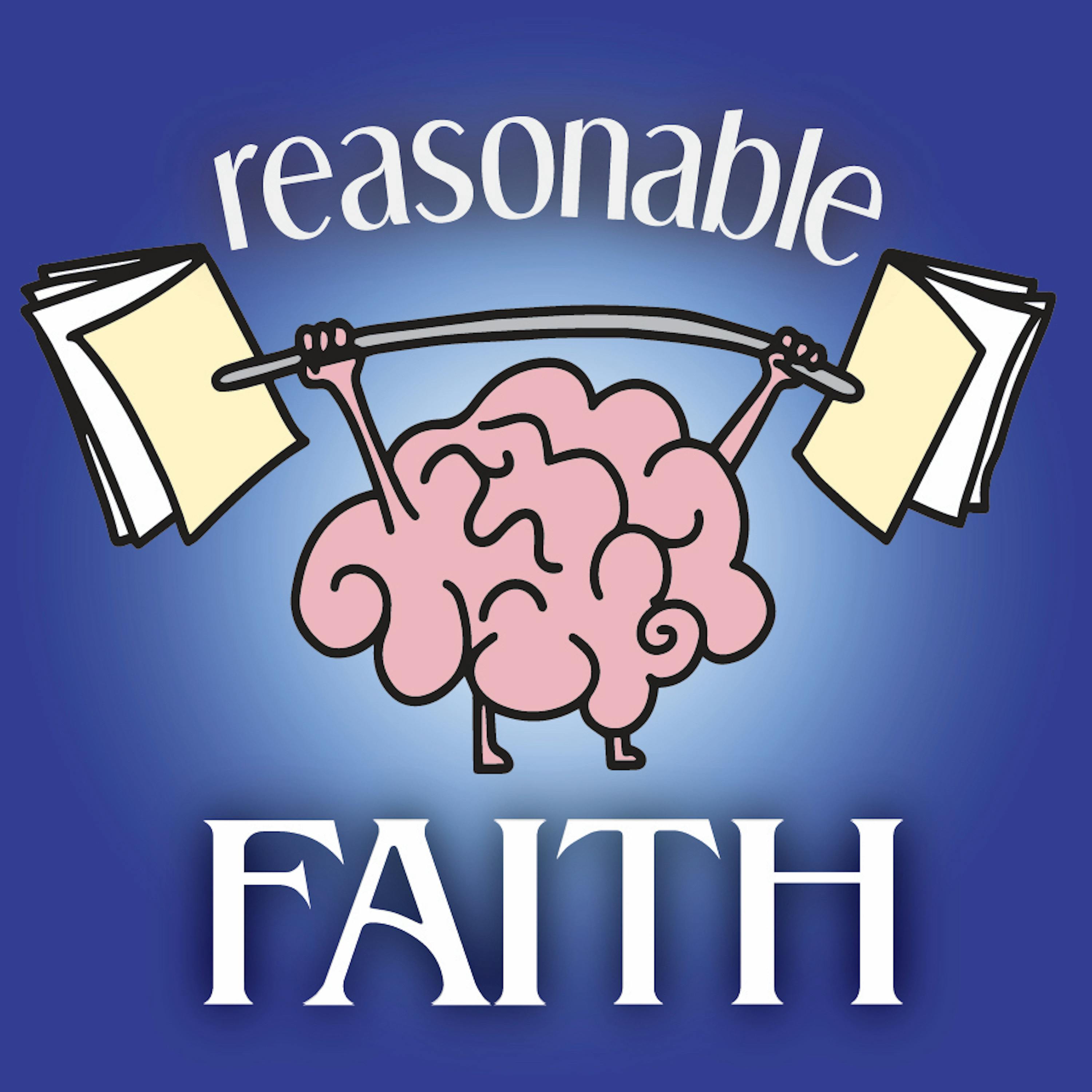Ep 0. Introduction to Reasonable Faith
Description
Today in America, the fastest growing religious perspective in America today is something called The Nones. America hasn’t seen a sudden surge of women converting to Catholicism, taking vows of celibacy, and entering convents. Instead, America has seen a sudden surge of people who are walking away from religious faith altogether.
According to Ryan Burge, a political scientist at Eastern Illinois University, and author of the new book, The Nones: Where They Came From, Who They Are, and Where They Are Going, in the 1970s, the Nones were just 5% of the population. Now, they are about 30% of the American population.
Surprisingly rapidly, Americans are leaving their faith in God and choosing to adopt instead an unbelieving posture. The Nones are people who have chosen not to affiliate with any religious group. While some “Nones” do believe in God and are merely hostile to organized religion, a great many of the Nones don’t believe in God at all. This is particularly true of the rising generations. While the Nones make up 30% of the population of America as a whole, in Generation Z that number looks more like 40%.
This is happening to America and it’s happening very fast. So many people are walking away from the faith, and the current trajectory of America has us quickly becoming a nation made up of mostly post-Christian people. But are they right? Or, is it possible that my generation is missing something? Is it possible that the idea of God is still one worth thinking about?
The question “is there a God?” Is a really big question. Perhaps the most important question in all of human philosophy is because the implications of the answers are so very big. If there is a God, then all kinds of life priorities become clear, and others become insignificant. If God doesn’t exist, then the same things happen, but the priorities are entirely different.
Apologetics is about making a case for a certain thing to be true. For instance, one of the most famous historical apologies is the Apology of Socrates. In that speech, Socrates is on trial for his life - he either makes the case that he’s not a villain or he dies. Socrates is not apologetic in the sense that he’s sorry at all. He is making an apology in the sense that he shouldn’t need to be sorry - he’s innocent of the crimes of which he’s accused. Socrates makes a case for his innocence and that’s called an apology. Christian apologetics is similar to that. We aren’t making an apology in the sense that we say we are sorry. We are making an apology in the sense that we are offering evidence for the truth and reality of our faith.
Philosophical arguments are given in response to the idea that belief in God is wholly and entirely irrational. If a person doesn’t believe in God, then that person isn’t going to be persuaded by a Biblical argument, obviously. Why should they believe in a divinely inspired document if they don’t believe in divinity?
A philosophical argument responds to the attack that belief in God is irrational and says, not necessarily. There are good reasons to believe in God. And that's what this podcast is all about.
More Episodes
Published 12/25/22
Our hearts resonate with beauty, the lifting feeling seems to point to something transcendent
This argument for God’s existence isn’t so much based on ideas as it is on a nearly universal human experience: the compelling feeling of transcendence when we are moved by beauty. When we hear a...
Published 12/25/22
Everyone has the concept of something that is bad or something that is good. Everyone knows punching someone is bad, or cancer is bad, or Hitler was evil. There must be some objective truth outside of me, that there is some existence that is ultimately good, almost like a natural instinct. But...
Published 12/18/22


